- AI
- A
Psst, need AI? 5 useful tools for developers
Hello, tekkix! This is Misha Stepnov, head of the R&D Big Data center at MTS Digital. If you work with language models or dream of creating your own AI assistant, it is important to choose the right tools: they will simplify the development process and make interaction with the model as convenient as possible. Today I will share a small selection of useful interfaces, platforms, and templates that we have tested at MTS - use them to your health. And if you have your own "favorites", write about them in the comments.
Open WebUI
A modern open-source web interface. Designed to work with large language models (LLM). Supports the use of various LLM engines, such as Ollama, and APIs compatible with OpenAI. Open WebUI simplifies integration and interaction with powerful language tools through an intuitive graphical interface on both PCs and mobile devices, including voice.
The project is evolving thanks to an active community. Enthusiasts contribute to its optimization by adding new features and improving existing ones.
Main features:
easy installation via Docker or Kubernetes;
integration with OpenAI API and support for multiple platforms, including LMStudio, GroqCloud, Mistral, OpenRouter;
user access rights management, ensuring secure data handling;
support for Markdown and LaTeX for convenient data visualization;
built-in voice and video call functions;
Ollama model builder for creating customized characters;
integration of Python functions through the built-in code editor;
support for plugins and user logic management.
Recommended for anyone who needs to integrate large language models into applications and services. An example is chatbots with advanced features for prompt customer request processing. By the way, an article with tips on working with the platform was published on tekkix.
Here is the official Open WebUI website and documentation.
LibreChat
A free open-source platform designed for interaction with various AI models. It offers a web interface that supports integration with multiple AI providers such as OpenAI, Azure, Anthropic, etc., without switching between different applications or services. Supports local installation and cloud deployment. Flexible in use and customization.
Main features:
intuitive interface: design reminiscent of ChatGPT, with support for dark theme and streaming responses;
wide range of AI models: supports OpenAI, Azure, Anthropic (Claude), Google Vertex AI, and others;
customization: create, save, and share user presets for configuring AI interaction;
editing and branching dialogues: ability to edit messages, resend them, and create dialogue branches for more flexible conversation management;
multimodal chat: upload and analyze images using Claude 3, GPT-4, and Gemini Vision models;
plugin support: integration with plugins, such as web access and image generation using DALL-E-3;
multilingual interface: supports multiple languages, including Russian, English, Chinese, German, Spanish, and others;
secure authentication: multi-level user system with the ability to moderate and control token usage;
open source: open-source platform actively developed by the community.
Before getting started, it's worth checking out the documentation and quick start guide.
GPT4All
Open-source platform developed by Nomic AI for local deployment of language models (supports about 1,000 LLMs). Deep customization is available with the installation of the maximum number of tokens. The GPT4All codebase on GitHub is fully MIT licensed, has open source code, and can be audited. It works without network access, so data is processed locally, which can be important for businesses.
Main features:
API access: integration of language processing functions into various applications, improving functionality and user experience;
support for Mac M Series, AMD, and NVIDIA GPUs;
Python integration and customization: Python bindings facilitate project integration, allowing for detailed customization;
PDF reader plugin: supports complex text interaction and extraction from PDF files;
Quivr integration: local information processing is used to enhance data security and availability.
Here is the official GPT4All repository on GitHub.
Vercel Chatbot
Open-source template developed by Vercel for creating fully functional and customizable AI chatbots using Next.js and Vercel AI SDK. Designed to simplify the development and deployment of AI chatbots.
Main features of Vercel Chatbot:
Next.js App Router: provides advanced routing for smooth navigation and high performance;
React Server Components (RSCs) and Server Actions: support for server-side rendering to increase speed and efficiency;
Vercel AI SDK: a unified API for generating text, structured objects, and tool calls using large language models (LLM);
support for various model providers: compatibility with OpenAI (default), Anthropic, Cohere, and other model providers;
shadcn/ui: styling using Tailwind CSS (we wrote about this framework here) and Radix UI components for accessibility and flexibility;
data storage: using Vercel Postgres, supported by Neon, for chat history and user data, as well as Vercel Blob for efficient file storage;
NextAuth.js: simple and secure user authentication.
Here is the official Vercel Chatbot repository on GitHub. And here is the demo.
Chatbot UI
Open source project. Provides an interface for interacting with LLM. Designed to simplify the integration of powerful language models such as GPT-3.5 and GPT-4 into various applications.
Main features of Chatbot UI:
simple interface: intuitive design that facilitates interaction with LLM;
flexibility: support for various language models and customization for specific tasks;
open source: the project is available on GitHub, and the code can be modified and improved;
ease of deployment: quick launch and integration into existing systems.
And here is the official Chatbot UI repository on GitHub.
That's all for today. But the selection can be made much more useful if you add your options in the comments.
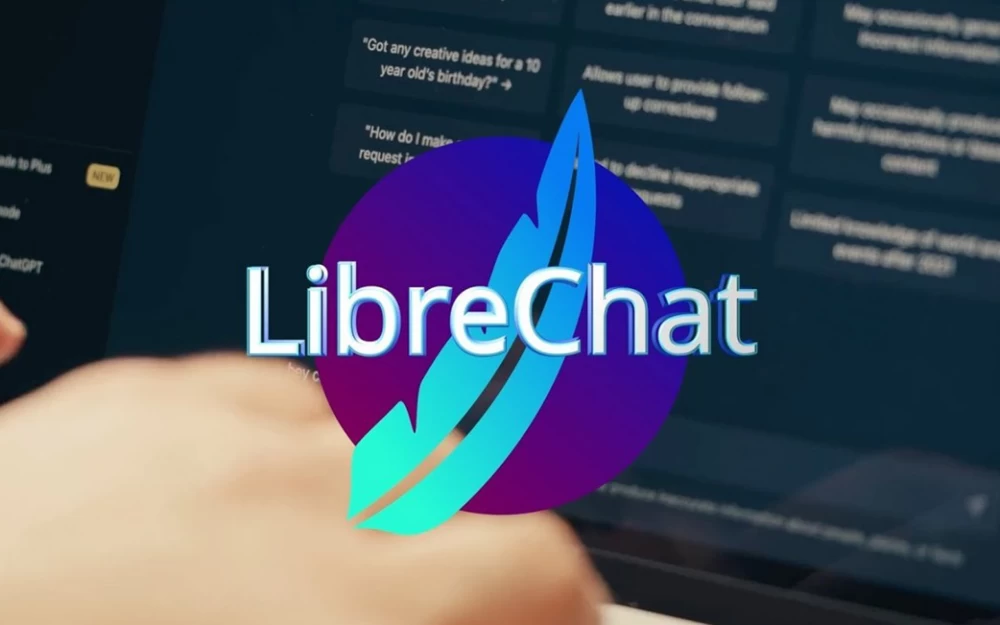
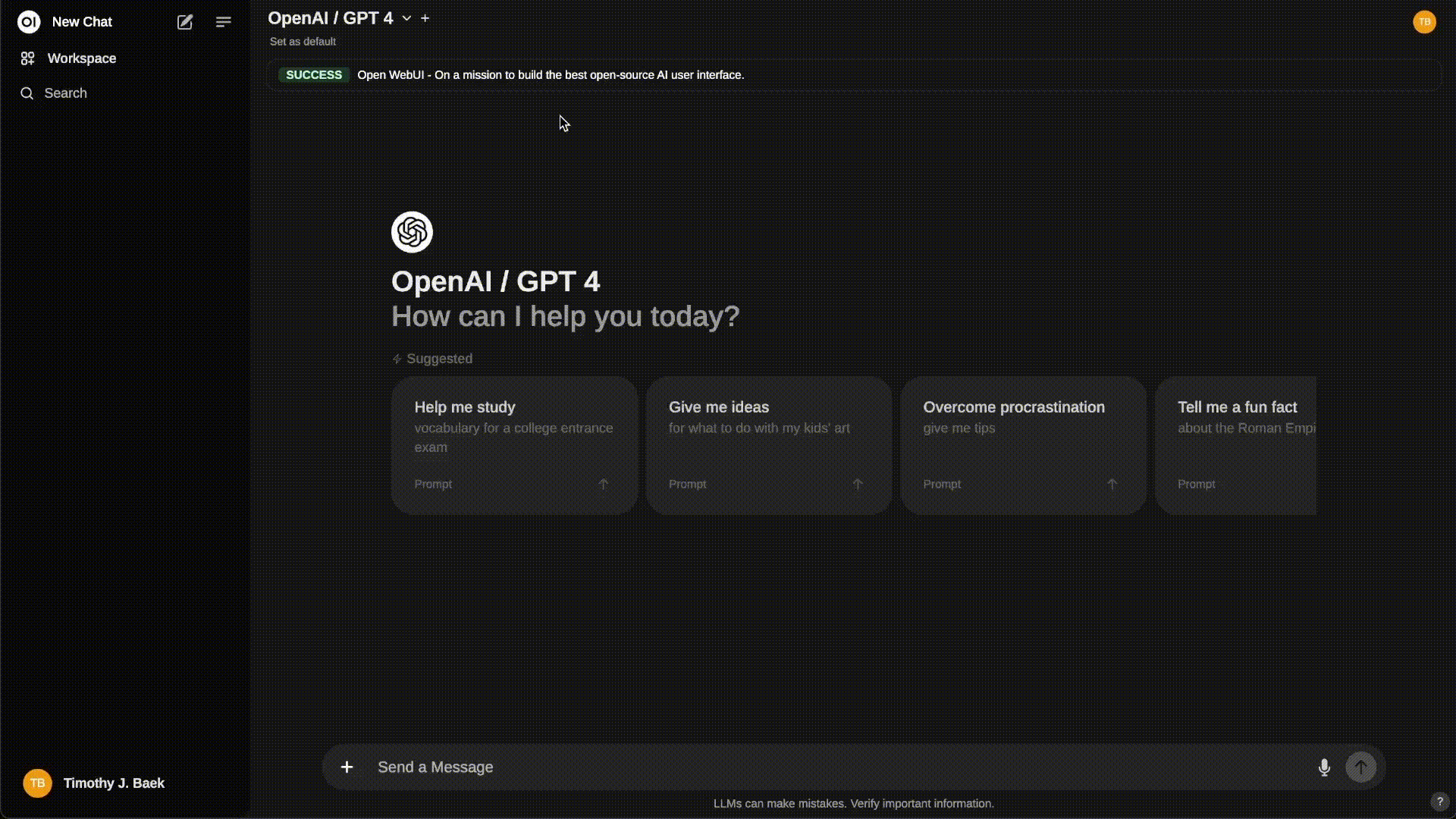

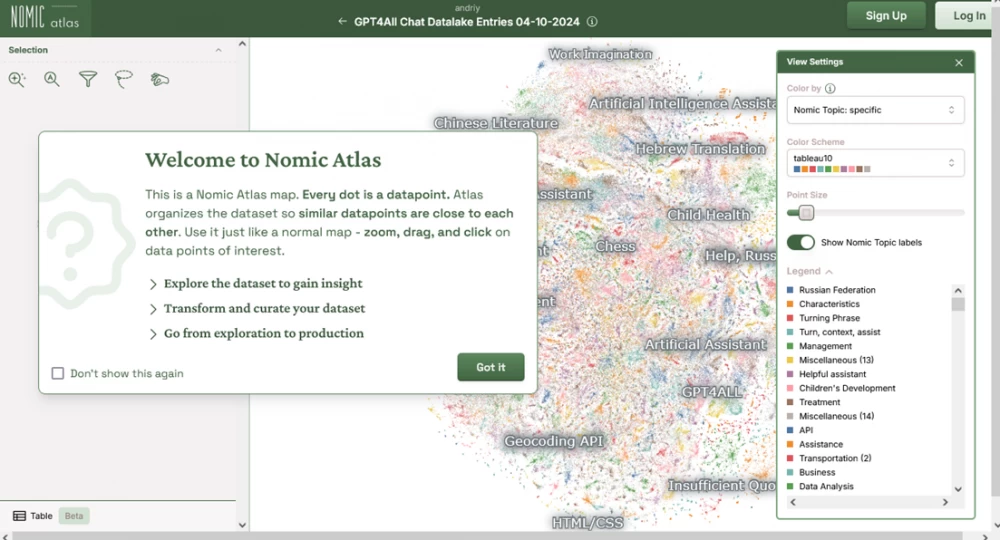
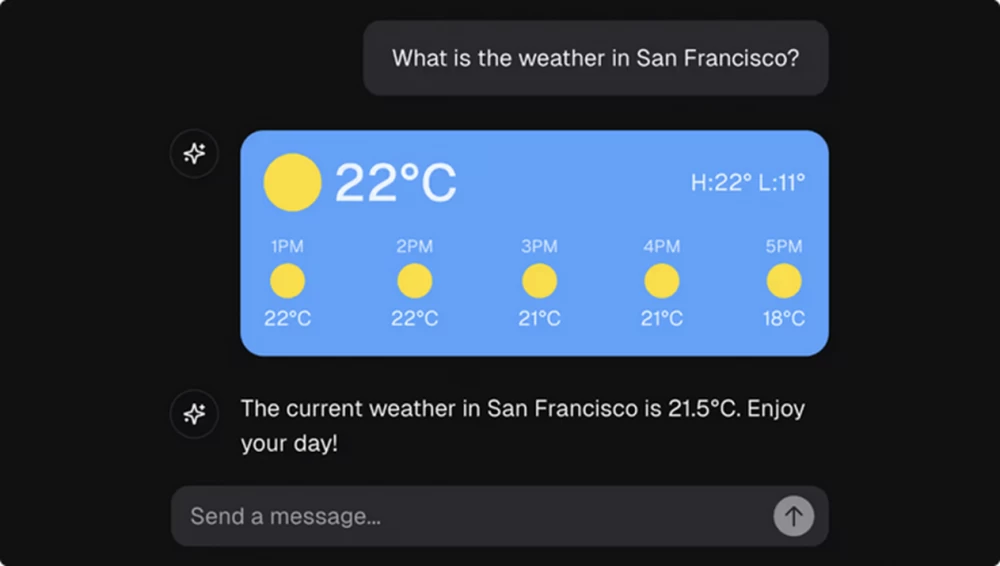

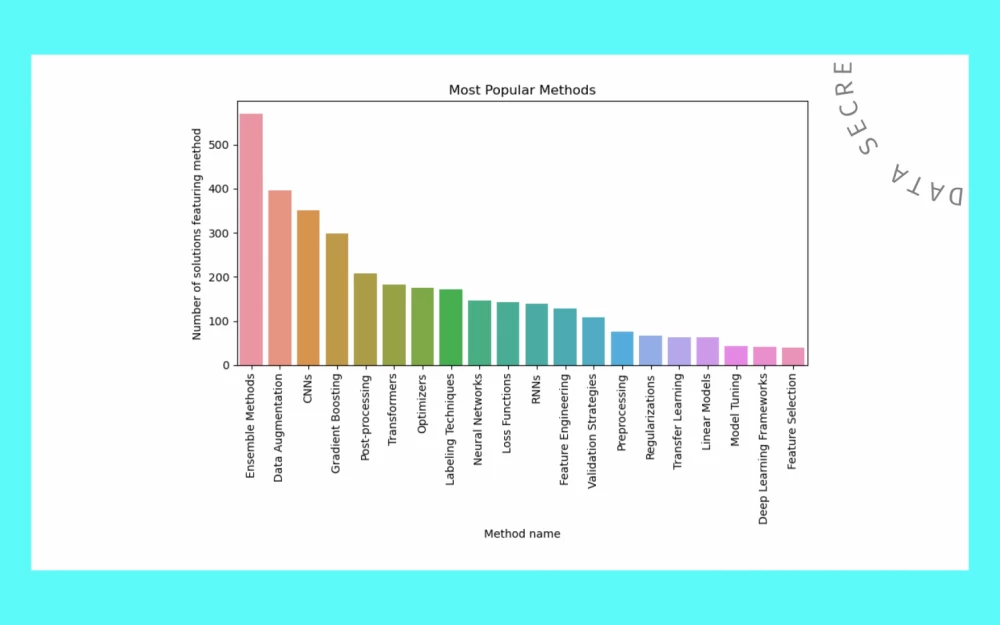

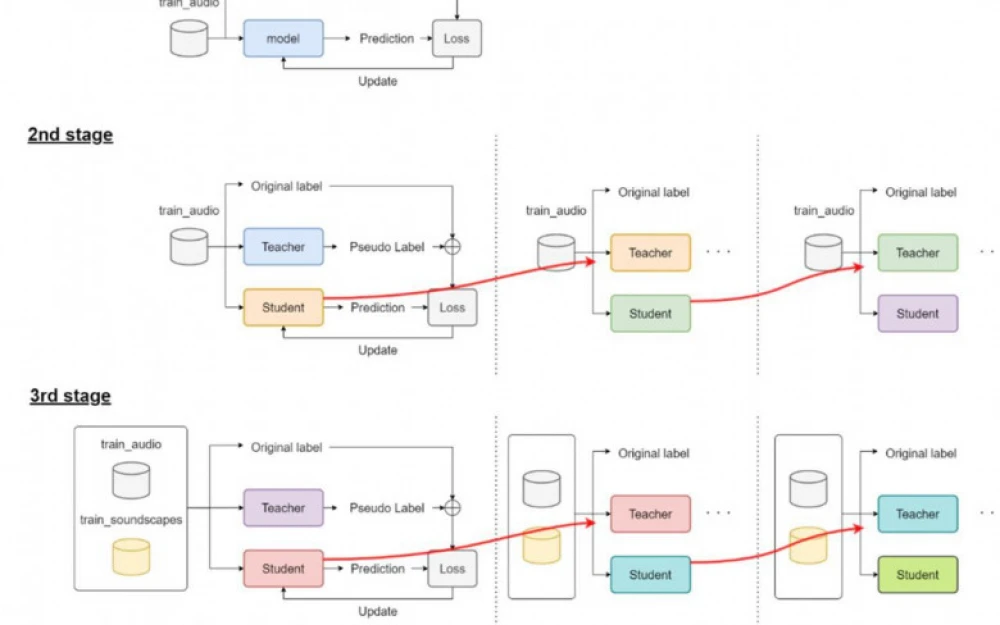


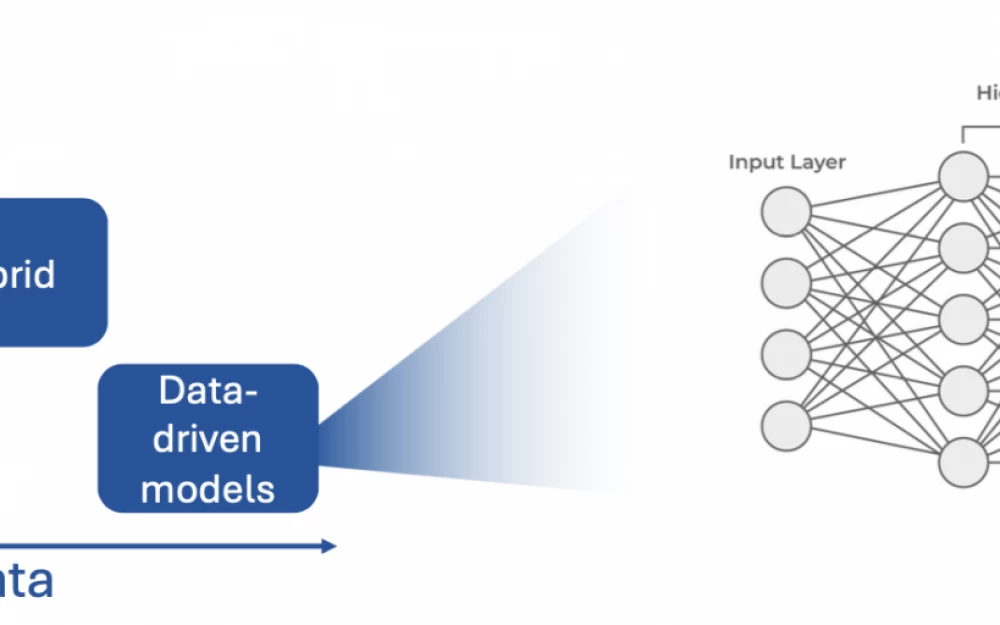
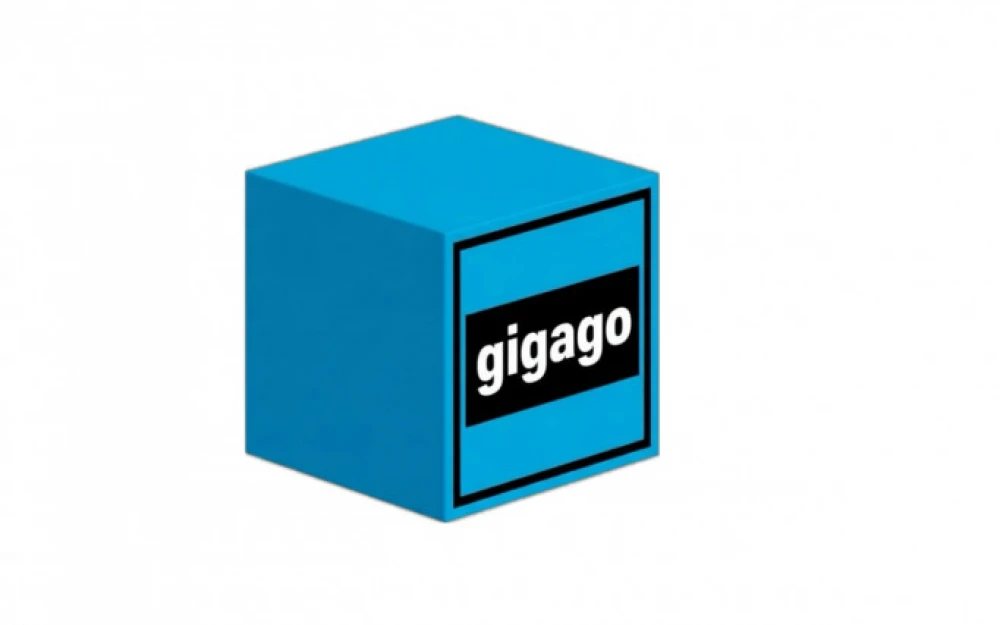


Write comment